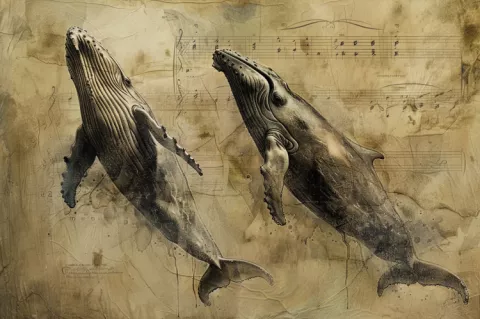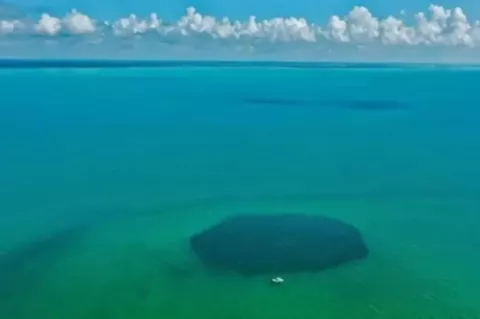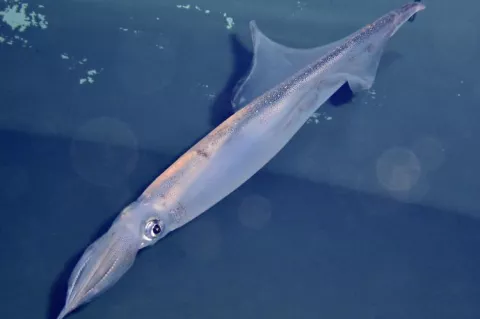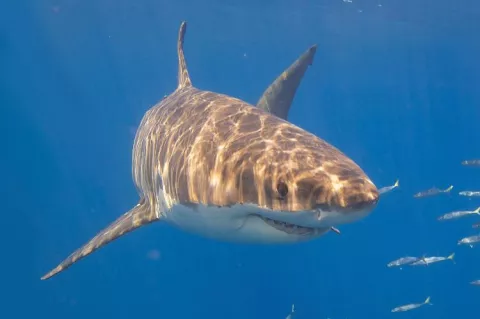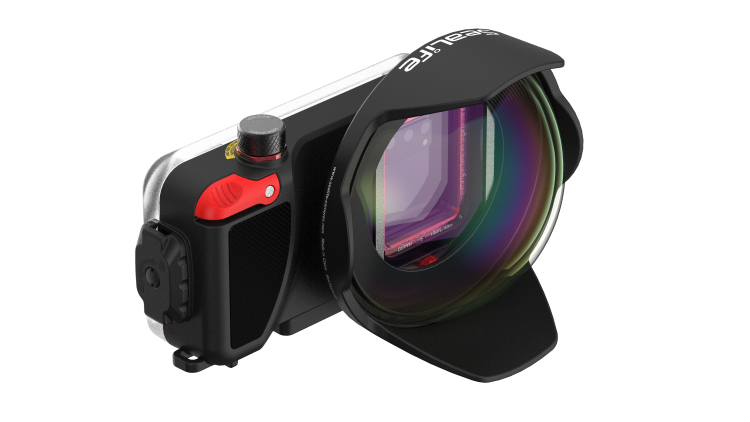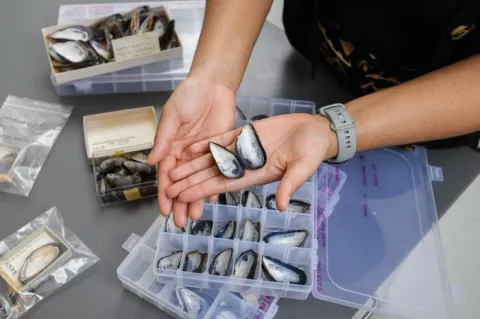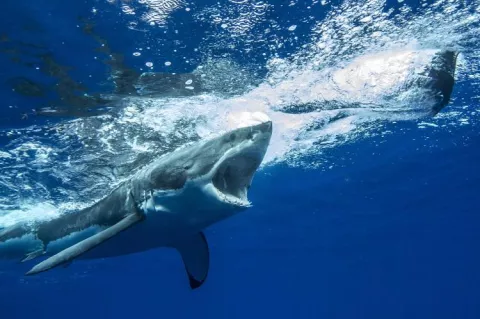How Whales Can Sing Underwater
This discovery sheds light on the unique physiological adaptations that allow these marine giants to perform such vocal feats.
The research's primary focus involved examining humpback whales' laryngeal anatomy. Researchers found that specific adaptations in the whale's larynx enable it to produce song even without the continuous passage of air, contrary to what is typically required for sound production in most mammals, including humans.
Breath Control and Vocalization

